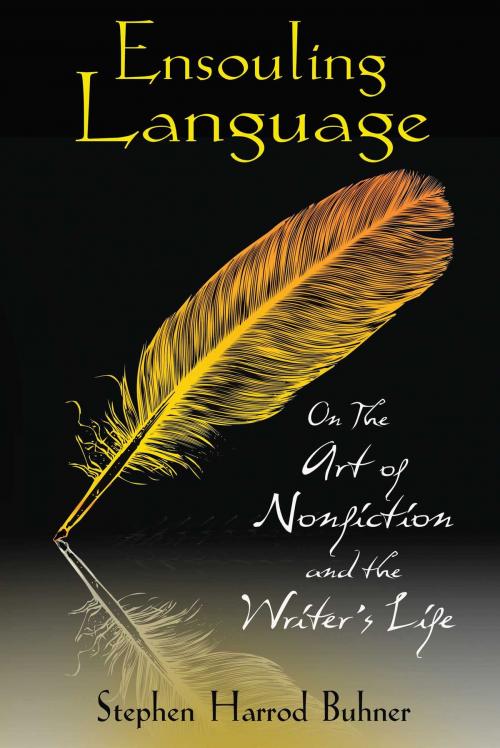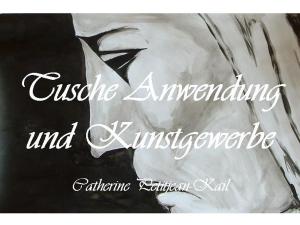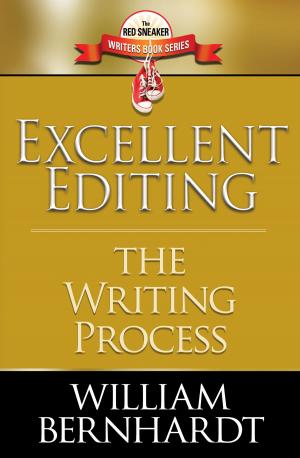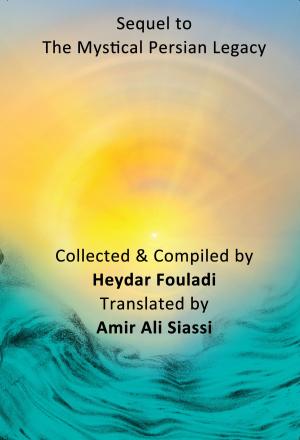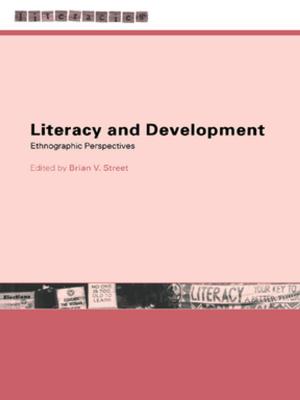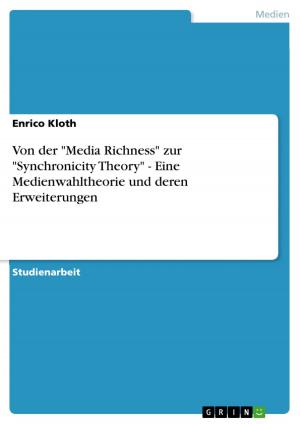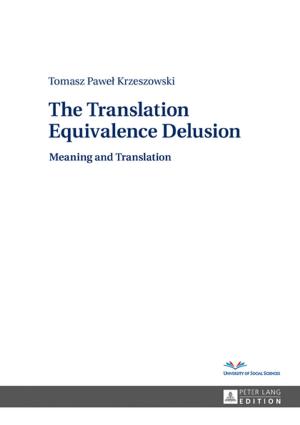Ensouling Language
On the Art of Nonfiction and the Writer's Life
Nonfiction, Health & Well Being, Self Help, Self Improvement, Creativity, Reference & Language, Language Arts| Author: | Stephen Harrod Buhner | ISBN: | 9781594779008 |
| Publisher: | Inner Traditions/Bear & Company | Publication: | August 23, 2010 |
| Imprint: | Inner Traditions | Language: | English |
| Author: | Stephen Harrod Buhner |
| ISBN: | 9781594779008 |
| Publisher: | Inner Traditions/Bear & Company |
| Publication: | August 23, 2010 |
| Imprint: | Inner Traditions |
| Language: | English |
The first comprehensive work on nonfiction as an art form
• Shows how nonfiction, especially how-to and self-help, can take on the same power and luminosity as great fiction
• Develops processes to reliably induce the dreaming state from which all writing comes
• Teaches the skill of analogical thinking that is the core perceptual tool for writers
• Explores the subtle techniques of powerful writing, from inducing associational dreaming in the reader, to language symmetry, sound patterning, foreshadowing, feeling flow, and more
Approaching writing as a sacred art, Stephen Buhner explores the core of the craft: the communication of deep meaning that feeds not just the mind but also the soul of the reader. Tapping into the powerful archetypes within language, he shows how to enrich your writing by following “golden threads” of inspiration while understanding the crucial invisibles essential to the art of both fiction and nonfiction: how to craft language with feeling and vision, employ altered states of mind to access the writing trance, clear your work by recognizing the powerful sway of clichéd thinking and hidden baggage, and intentionally generate duende--that physical/emotional response to art that gives you chills, opens up unrecognized aspects of reality, or simply resonates in your soul. Covering some very practical aspects of writing such as layering and word symmetry, the author also explores the inner world of publishing--what you really will encounter when you become a writer. He then shows how to develop a powerful and engaging book proposal based on understanding the proposal as a work of fiction--the map is never the territory, nor is the proposal the book that it will become.
This book, written using all the techniques discussed within it, offers a powerful, experiential journey into the heart of writing. It does for nonfiction what John Gardner’s books on writing did for fiction. It is one of the most significant works on writing published in our time.
The first comprehensive work on nonfiction as an art form
• Shows how nonfiction, especially how-to and self-help, can take on the same power and luminosity as great fiction
• Develops processes to reliably induce the dreaming state from which all writing comes
• Teaches the skill of analogical thinking that is the core perceptual tool for writers
• Explores the subtle techniques of powerful writing, from inducing associational dreaming in the reader, to language symmetry, sound patterning, foreshadowing, feeling flow, and more
Approaching writing as a sacred art, Stephen Buhner explores the core of the craft: the communication of deep meaning that feeds not just the mind but also the soul of the reader. Tapping into the powerful archetypes within language, he shows how to enrich your writing by following “golden threads” of inspiration while understanding the crucial invisibles essential to the art of both fiction and nonfiction: how to craft language with feeling and vision, employ altered states of mind to access the writing trance, clear your work by recognizing the powerful sway of clichéd thinking and hidden baggage, and intentionally generate duende--that physical/emotional response to art that gives you chills, opens up unrecognized aspects of reality, or simply resonates in your soul. Covering some very practical aspects of writing such as layering and word symmetry, the author also explores the inner world of publishing--what you really will encounter when you become a writer. He then shows how to develop a powerful and engaging book proposal based on understanding the proposal as a work of fiction--the map is never the territory, nor is the proposal the book that it will become.
This book, written using all the techniques discussed within it, offers a powerful, experiential journey into the heart of writing. It does for nonfiction what John Gardner’s books on writing did for fiction. It is one of the most significant works on writing published in our time.
